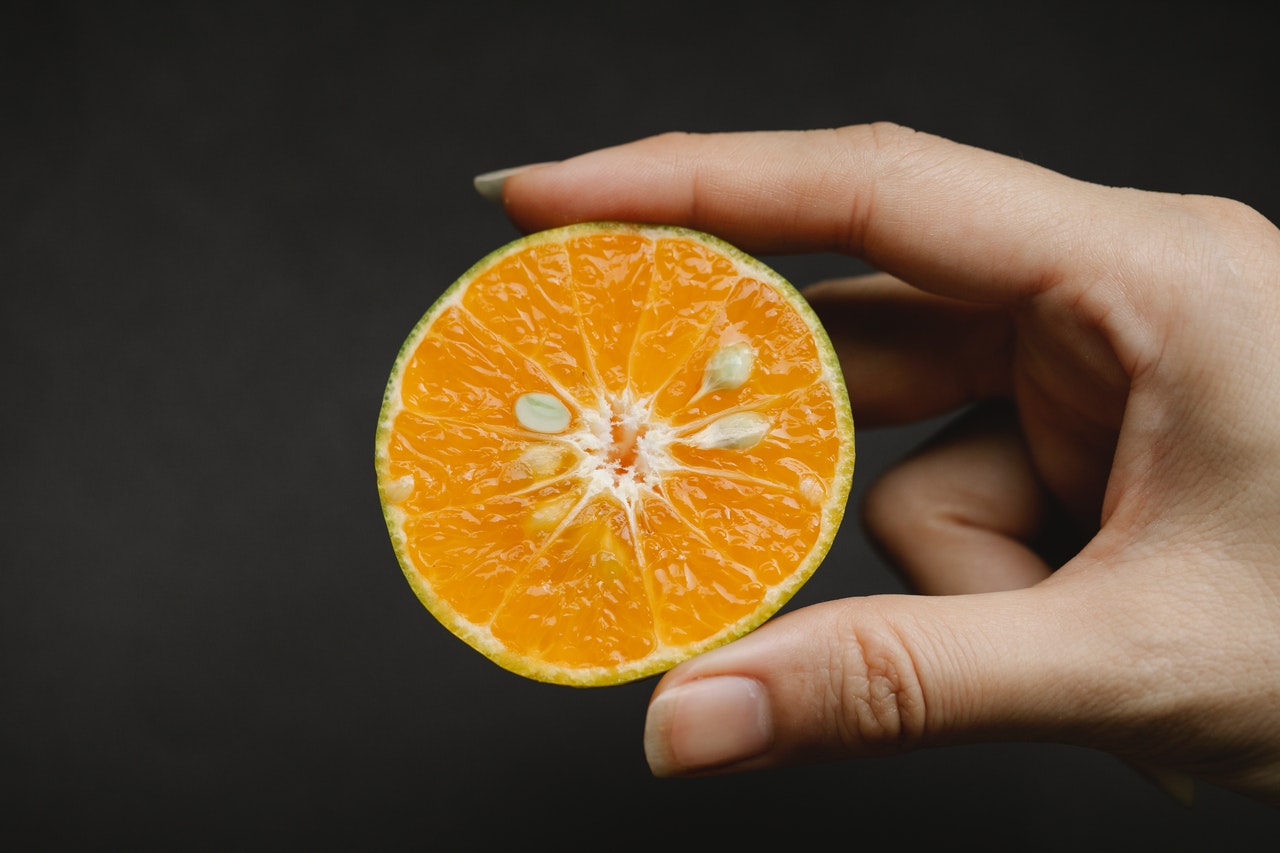Antioxidants are a class of naturally occurring molecules that protect your cells from oxidative stress. Although your body produces some antioxidants on its own, the vast majority of antioxidants must be obtained from meals or supplements.
There is a lot of evidence that eating an antioxidant-rich diet will help you stay younger and healthier for longer. Topical antioxidants can improve the appearance of the skin and prevent it from extrinsic aging.
UV damage is the major cause of discoloration, and antioxidants protect us from it. Certain antioxidants can even act as pigment inhibitors, preventing dark spots from appearing on our skin!
Inflammation is caused by free radicals and oxidative stress. While inflammation isn't caused by a single source, it can show up on the skin in a variety of ways, such as acne, redness, sensitivity, rashes, and so on. Antioxidants neutralize free radicals, which reduce inflammation and may also have a relaxing effect on the skin.
Vitamin C, also known as L-Ascorbic Acid, is a very powerful antioxidant with anti-aging characteristics. Scientific research backs up the natural brightener's ability to increase collagen production and protect us from free radicals.
Vitamin C (L-Ascorbic Acid) is a very efficient antioxidant that has been shown to enhance the appearance of aged skin over time when used regularly. Vitamin C is important for skin health because it stimulates responses that result in collagen formation.
Vitamin C serums can help prevent premature aging by shielding the skin from the creases that come with sun exposure. It also promotes collagen formation, which helps to prevent premature wrinkles.

